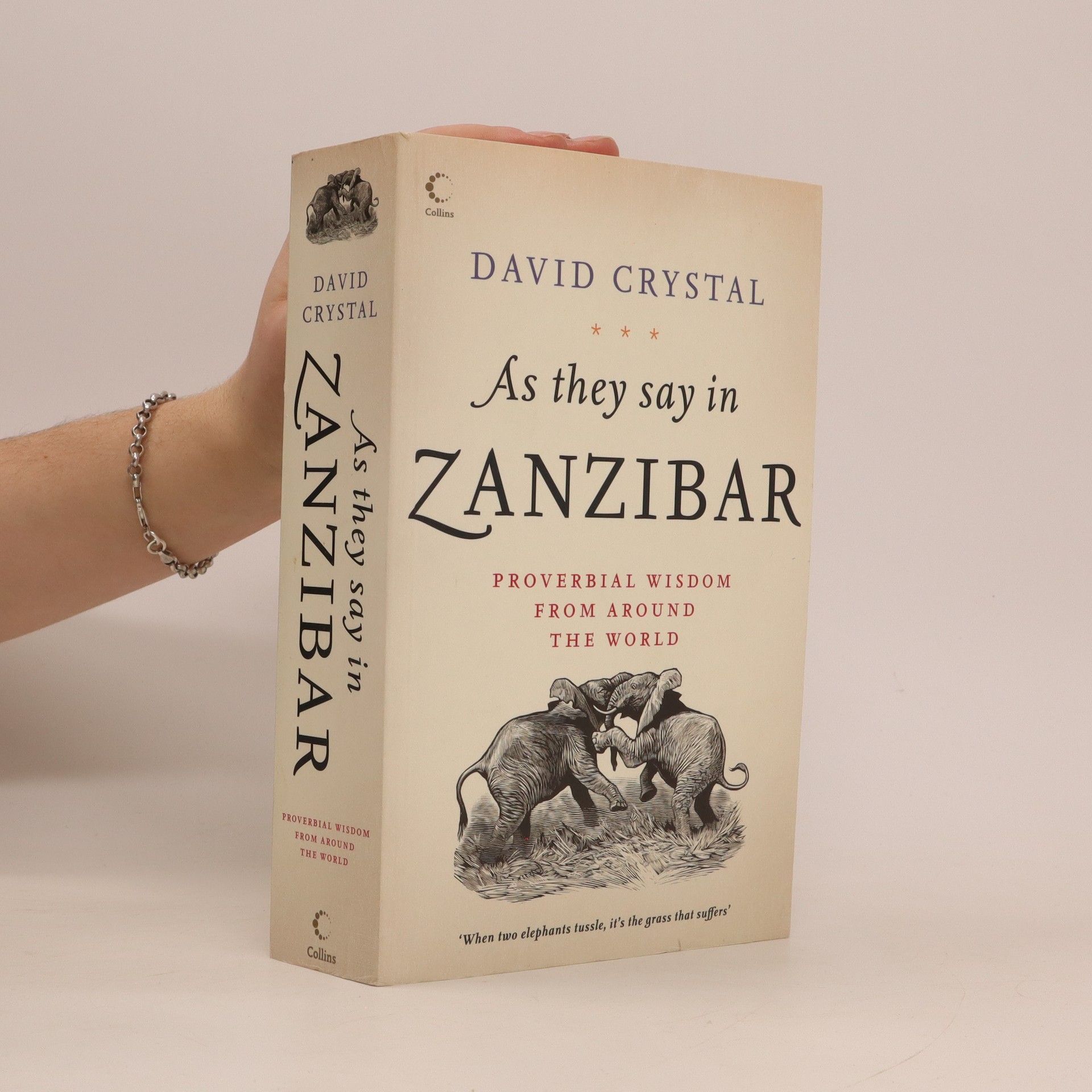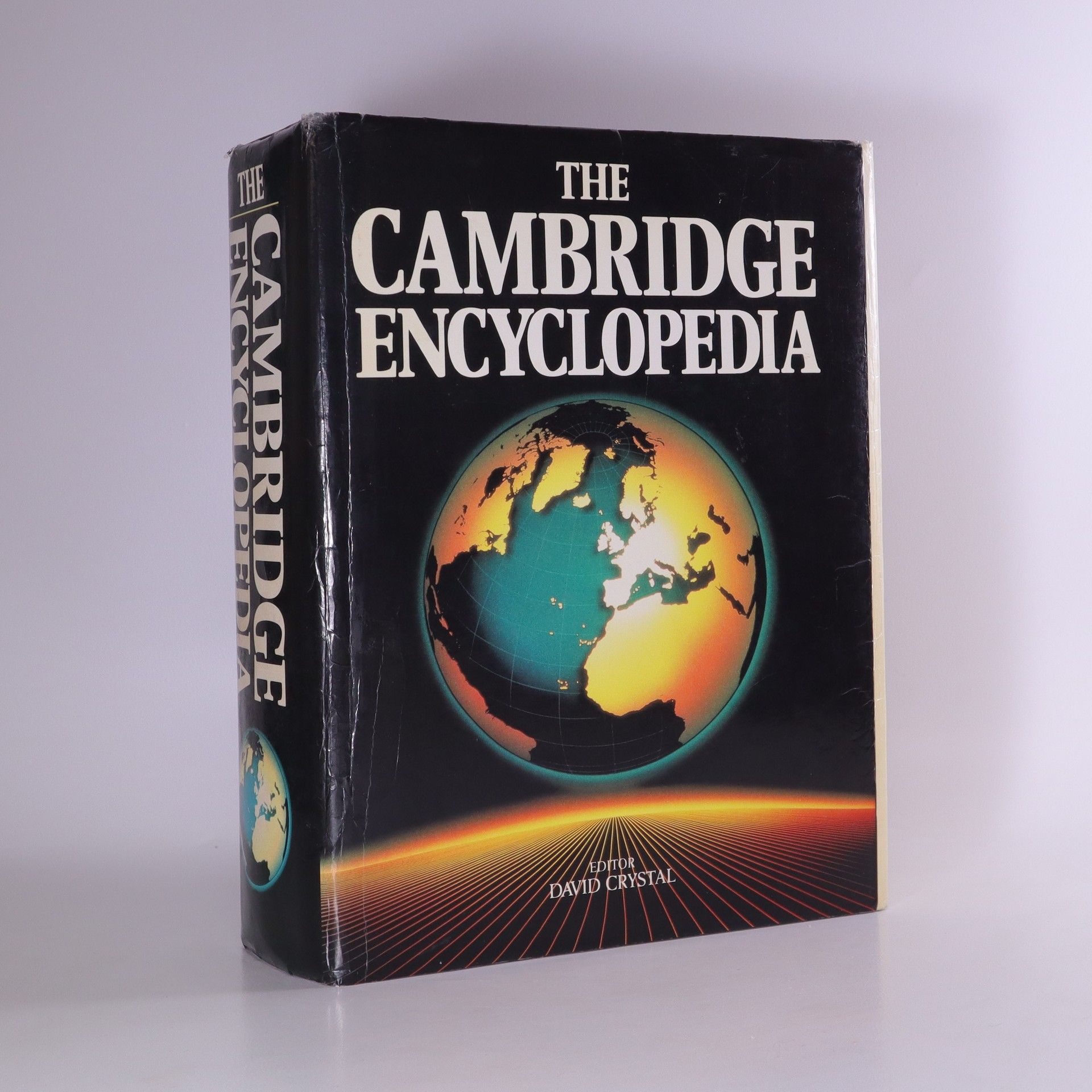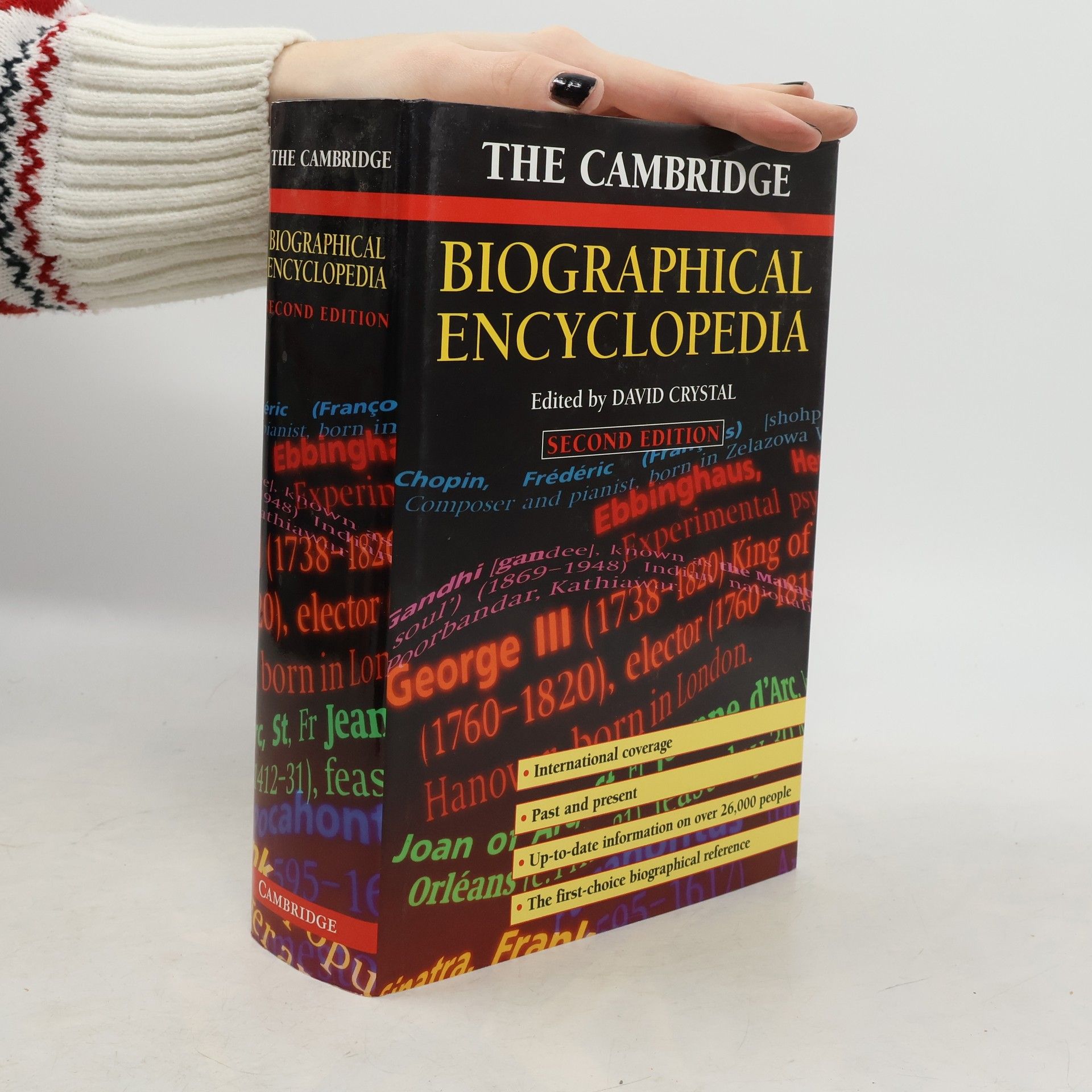David Crystal provides concise, accessible answers to fifty questions about English language usage. In this compact, user-friendly book, David Crystal draws on his extensive knowledge and experience to answer questions from English language teachers and learners from around the world. The book covers topics ranging from general enquiries about the language as a whole to specific points of grammar, pronunciation, orthography, vocabulary, idiom and style. The author's responses are illustrated by personal anecdotes, placed within historical and literary context and supported by research and corpus data to provide unique, authentic insights.
David Crystal Libri
David Crystal è un eminente linguista e autore il cui lavoro approfondisce la lingua inglese. La sua ricerca si concentra su analisi meticolose dell'intonazione, della stilistica e delle applicazioni pratiche della linguistica in diversi campi, tra cui la religione, l'istruzione e i contesti clinici. Gli scritti di Crystal sono apprezzati per le loro profonde intuizioni e chiarezza nell'esplorare le sfumature e l'evoluzione della lingua. Attraverso le sue ampie pubblicazioni e conferenze, contribuisce in modo significativo a una più ricca comprensione dei processi linguistici e del loro impatto sociale.
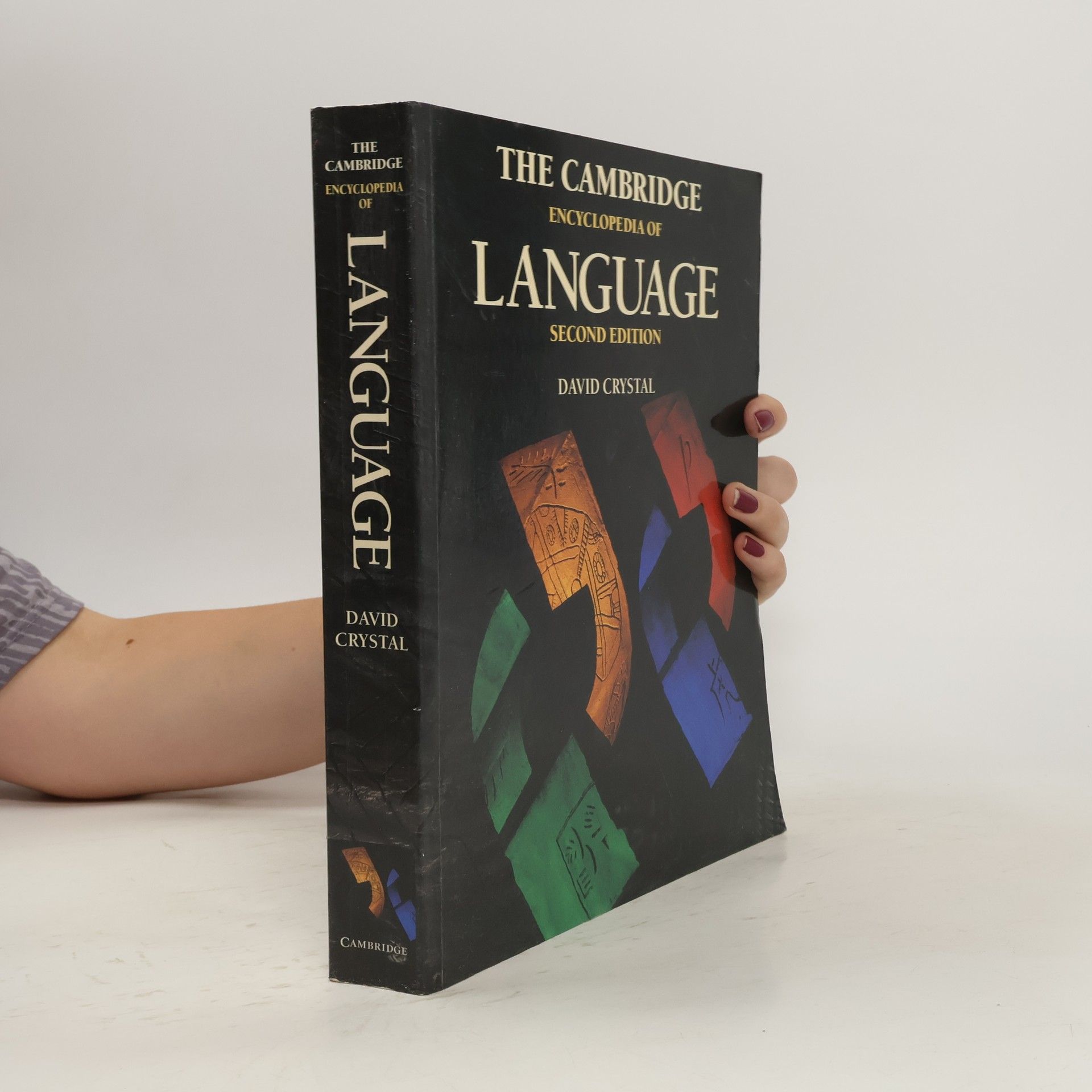

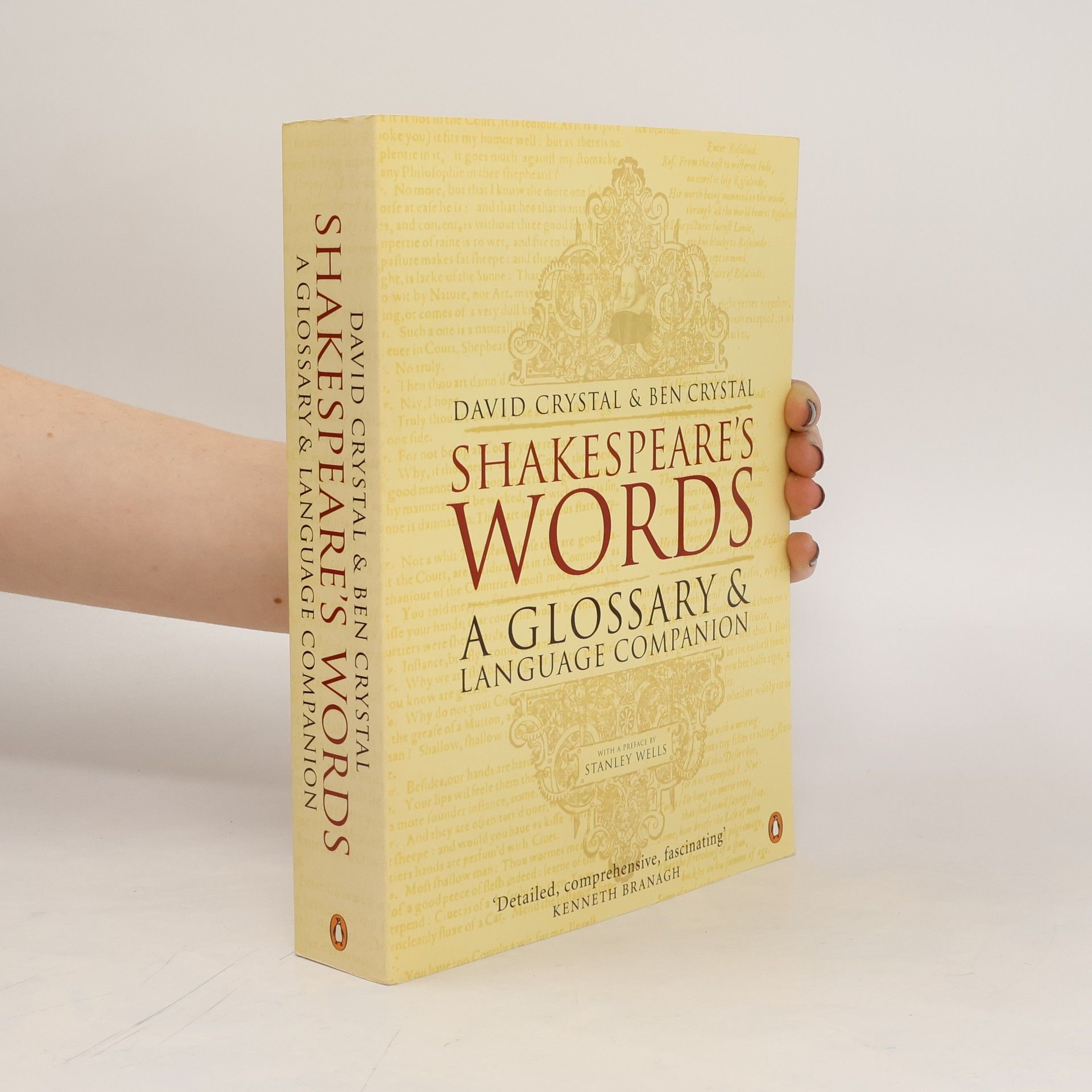
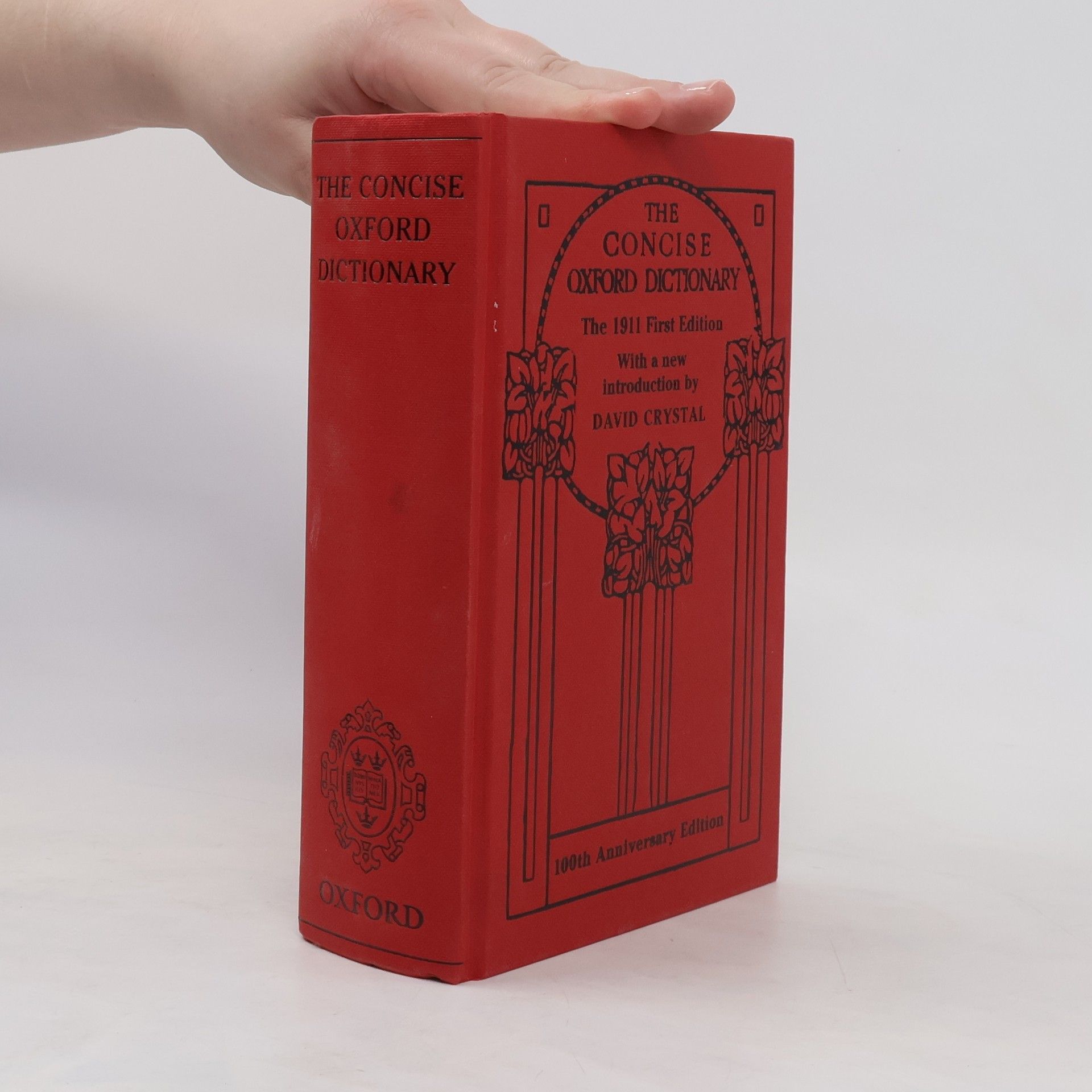


The Penguin english dictionary
- 1664pagine
- 59 ore di lettura
Ze srovnání slovníků Collins, Chambers a Penguin vychází The New Penguin English Dictionary jako ta nejlepší volba" Literární příloha The Times Toto druhé vydání nejrozsáhlejšího anglického výkladového slovníku nakladatelského domu Penguin dokonale a do hloubky pokrává všechny aspekty současného anglického jazyka. Jde o aktualizované vydání, které připravili přední angličtí lexikografové. Srozumitelné a detailní definice, se zvláštním důrazem na složitější významy a použití Najdeme zde nejen slova z tzv. "standard English", ale i technické a vědecké výrazy, slang a tvary z historické angličtiny. Stovky nových slov, žargon a módníslova reflektující nejnovější přírůstky do slovní zásoby, např. barista, cyberstalking, foodmiles, proximity talks, SMS aj. Gramatické vazby, příklady správného užití, výslovnost a interpunkce Příklady užití slov také z děl slavných spisovatelů, od Shakespeara po Jane Austenovou a od P. G. Wodehouse až po Salmana Rushdieho Příspěvky od významných britských odborníků, např. Richarda Dawkinse o evoluci, Geofreyho Robertsona o svobodě, Heleny Kennedyové o lidských právech a Vernona Bogdanora o devoluci.
The Concise Oxford Dictionary
The Classic First Edition
The classic original edition of the Concise Oxford English Dictionary, first published in 1911 in a beautifully reproduced facsimile edition with a new introductory essay by David Crystal.
Suitable for scholars, students and actors, this book contains glosses and quotes for over 14,000 words that could be misunderstood by modern audience. It features different panels that look at such areas of Shakespeare's language as greetings, swear-words and terms of address. schovat popis
The Cambridge Encyclopedia of the English Language is one of the publishing phenomena of recent times. Rarely has a book so packed with accurate and well researched factual information been so widely read and popularly acclaimed. It has played a key role in the spread of general interest in language matters, generating further publications and broadcasting events for an avid audience. Its First Edition appeared in hardback in 1995 and a revised paperback in 1997. There have been numerous subsequent updated reprintings; but this Second Edition now presents an overhaul of the subject for a new generation of language-lovers and of teachers, students and professional English-users concerned with their own linguistic legacy. The book offers a unique experience of the English language, exploring its past, present and future. David Crystal systematically explains the history, structure, variety and range of uses of English worldwide, employing a rich apparatus of text, pictures, tables, maps and graphics. The length of the Second Edition has increased by 16 pages and there are 44 new illustrations, a new chapter, extensive new material on world English and Internet English, and a complete updating of statistics, further reading suggestions and other references throughout the book.
This Second Edition of The Cambridge Encyclopedia of Language presents a mass of new information and introduces the subject of language to a fresh generation of students and general readers. Probably the most successful general study of language ever published, The Cambridge Encyclopedia of Language covers all the major themes of language study, including popular ideas about language, language and identity, the structure of language, speaking and listening, writing, reading, and signing, language acquisition, the neurological basis of language, and languages of the world. Exposing this work to a new generation of readers, the Second Edition extends the range of coverage to include advances in areas such as machine translation, speech interaction with machines, and language teaching. There is new material on acoustics, physiological concepts of language, and World English, and a complete update of the language distribution maps, language-speaking statistics, table of the world's languages, and further reading. All geopolitical material has been revised to take account of boundary changes. The book has been redesigned and is presented for the first time in full color, with new pictures and maps added.
Proverbs are fascinating in what they tell us about a culture's view of everyday life, and proverbial wisdom is a key factor in understanding different peoples and cultures. David Crystal takes us on a global tour of the world's proverbs.
A comprehensive new reference work that offers the widest range of information available in a single volume. Features more than 30,000 main entries with 75,000 cross references, a unique 128-page Ready Reference section, more than 750 line drawings, illustrations and maps. The perfect desk reference for the '90s. Shrinkwrapped.
Language Death
- 276pagine
- 10 ore di lettura
The endangerment and death of minority languages across the world is a matter of widespread concern. A leading commentator on language issues, David Crystal asks the question, 'why is language death so important?', reviews the reasons for the current crisis, and investigates what is being done to reduce its impact.
The Cambridge Biographical Encyclopedia is the authoritative single-volume reference work on people, both living and dead. In addition to its thousand or more pages of A-Z entries, the book offers an invaluable Ready Reference section with lists of political leaders and rulers, Nobel Prizewinners, patron saints, sports champions and many more. Acclaimed on its first publication in 1994 as a new kind of biographical reference book, the Encyclopedia is now established as a reliable source of information on over 26,000 people, fully cross-referenced. The book's international coverage and devotion to important figures - both historical and contemporary - in science and the arts as well as sports and popular personalities make it unique. This Second Edition has been comprehensively updated and supplemented with new entries.
